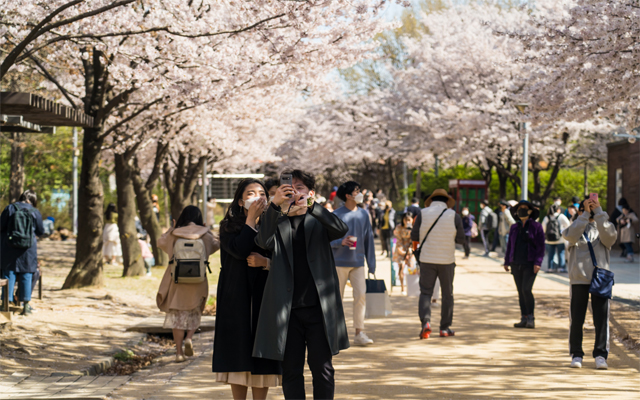With the pandemic chalking up over US$5 billion in tourism losses for South Korea for the first seven months of 2020 and emphasising the vulnerability of the travel and tourism industry, government officials are now deliberating a set of crisis strategy that would better protect businesses from impacts of future outbreaks.
According to the Ministry of Culture, Sports and Tourism, the pandemic and global travel restrictions have caused January-July international arrivals to South Korea to plummeted 77.1 per cent from the same period last year to about 2.18 million people. Tourist receipts took a less drastic tumble, sliding 19 per cent back from the January-June period last year to approximately US$13.6 billion this year.

Choi Bo-geun, director of tourism policy from the Ministry of Culture, Sports and Tourism, told TTG Asia that “effective policies” for the future would be drawn up after “analysing the effectiveness of some of our current support measures”.
Choi added that the government should be able to “systematically apply such policies in the event of future crises”.
While details of these future crises policies are not yet available, Choi referenced some of the useful efforts that are in place today. The government is presently shouldering up to 90 per cent of wages for tourism companies, up from an initial 75 per cent funding.
Coming up, the government intends to use the tourism downtime to examine its language guides, maps and transportation system to improve travellers’ experience in the future, as well as utilise big data to promote smart tourism and establish online tourism.
The technology push is already happening within the private section. Popular accommodation reservation platform Yanolja has leveraged technology to create a safer and cheaper traveling environment for the post-Covid era.
Kim Jong-yoon, head of Yanolja’s online services department, said Artificial Intelligence is being incorporated into its hotel solution, allowing guests to use their smartphone as a room key, a remote control and to access room services and restaurant reservations.
“If we can also use big data to carry out identity authentication for payments and check-ins, cost can be reduced efficiently,” Kim added.
Technology manipulation may not come naturally for some of South Korea’s smaller tourism players. Kim Da-young, CEO of local travel media and training company, Hitchhickr, hopes for easier access to technology resources that can be applied to the tourism sector so that stakeholders can move with the fourth industrial revolution.




















